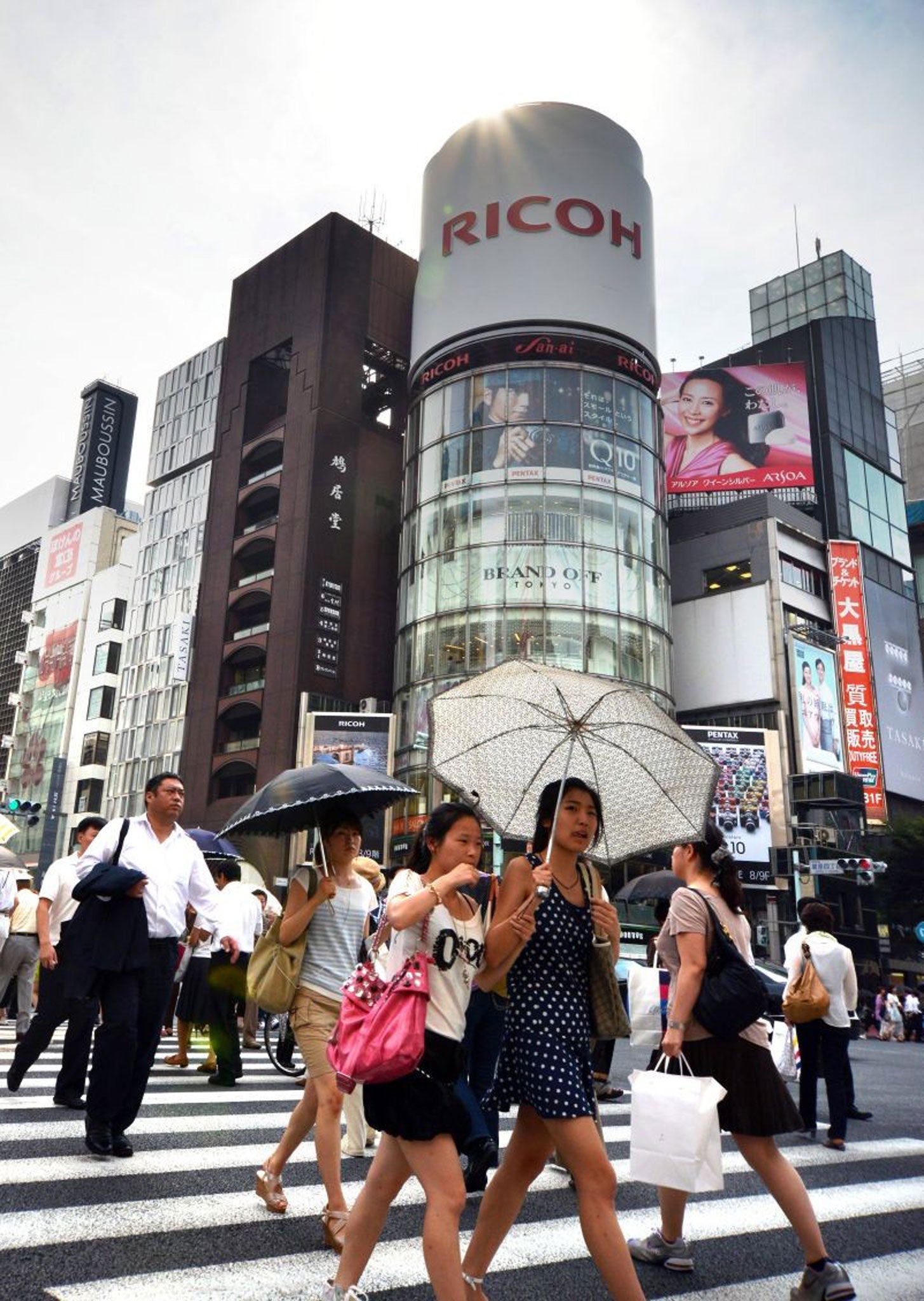The Independent's journalism is supported by our readers. When you purchase through links on our site, we may earn commission.
Mark Dampier: Fund manager cites history as he bets against a Japanese recovery
The Analyst

Last week's column talked about stock markets climbing a wall of worry. It is fair to say the past five years have been tough for those trying to make bigger calls on asset allocation and the wider economy. Stock markets and economies have not performed as many expected.
Generally, I prefer to back fund managers who focus on the prospects for individual companies rather than the wider economy. That said, I am not blind to the huge manipulation of developed world economies by central banks and politicians. It may be that over the past five years there has been a brief stay of execution before a final reckoning. Therefore, there is always place in my own portfolio for a different kind of fund that focuses on some of the bigger issues. I like to think of it as an insurance policy.
This leads me nicely to the Artemis Strategic Assets Fund, which is managed by William Littlewood. Effectively this is a hedge fund but with no performance fee. Note to others in the industry – please remember, just because you short stocks it doesn't entitle you to a 20 per cent performance fee.
Mr Littlewood's economic views are not complicated. He believes either inflation or default will be the natural consequence of the policies being pursued by indebted Western governments. His total asset exposure at the moment is 66 per cent equities, 9 per cent in commodities and 25 per cent cash. He can also take "short" positions with the aim of benefiting from falling asset prices. His short equities exposure is 14 per cent, which results in a net exposure to equities of 52 per cent overall.
His main short exposure is to bonds where, using derivatives, he has shorted almost 100 per cent of the funds value. Of this, 64.5 per cent is a short position on Japanese government bonds. He believes Japan has the worst of everything: lots of debt; an ageing population; and quantitative easing on a huge scale. He cites history to be on his side, noting that in the 1930s the Japanese were in a depression. They printed money and spent it on various projects all of which worked well to begin with, but eventually it led to sky-high inflation. If the same happens again, the price of bonds would be expected to fall and the fund could benefit. To a lesser extent he is short French, UK and US government bonds.
While I have little doubt bonds will have a poor time at some stage, I have argued with Mr Littlewood for a while that I see no need to short them until we see some event to change their fortunes. These short positions have cost the fund dearly since launch, losing in the region of 20 per cent.
The cash position is held partly in foreign currencies, including the Singapore dollar, Taiwanese dollar and Norwegian krone. Unsurprisingly, he has a short position on the Japanese yen and also the Australian dollar. The Australian economy is closely tied to the fate of China and he believes that the slowing Chinese economy will have a negative impact on the Australian economy and currency.
When it comes to equities Mr Littlewood makes the point that if bond markets get hit, so will shares. He is concerned profit margins are high relative to history and will have to fall back. He believes companies could have a tough time, particularly if Labour penalises corporations as we have already seen with banks and energy companies. He is inclined to take profits into strength and buy back on any setbacks. His view is that investors are fully invested in the market and notes that in the US particularly valuations are looking stretched. At present, I am not so sure, at least in the UK where many investors seem reluctant having experienced two significant setbacks in the past 10 years.
I hold this fund in my own SIPP and have topped up a couple of times. While I haven't always agreed with Mr Littlewood's timing of investments, I have plenty of sympathy for him in his overall views. Like him, I believe gold will come back eventually and the likelihood of government default or inflation looks to me to be very high. What I don't know is when that day will be. Mr Littlewood is one of my favourite fund managers and having known him for about 20 years I am happy to entrust part of my portfolio to him. If things do go horribly wrong, I expect this fund to prosper. It is doing something different from the rest of my funds and provides a vital element of diversification to my portfolio.
Get a free fractional share worth up to £100.
Capital at risk.
Terms and conditions apply.
ADVERTISEMENT
Get a free fractional share worth up to £100.
Capital at risk.
Terms and conditions apply.
ADVERTISEMENT
Mark Dampier is head of research at Hargreaves Lansdown, the asset manager, financial adviser and stockbroker. For more details about the funds included in this column, visit hl.co.uk/independent
Join our commenting forum
Join thought-provoking conversations, follow other Independent readers and see their replies
Comments
Bookmark popover
Removed from bookmarks